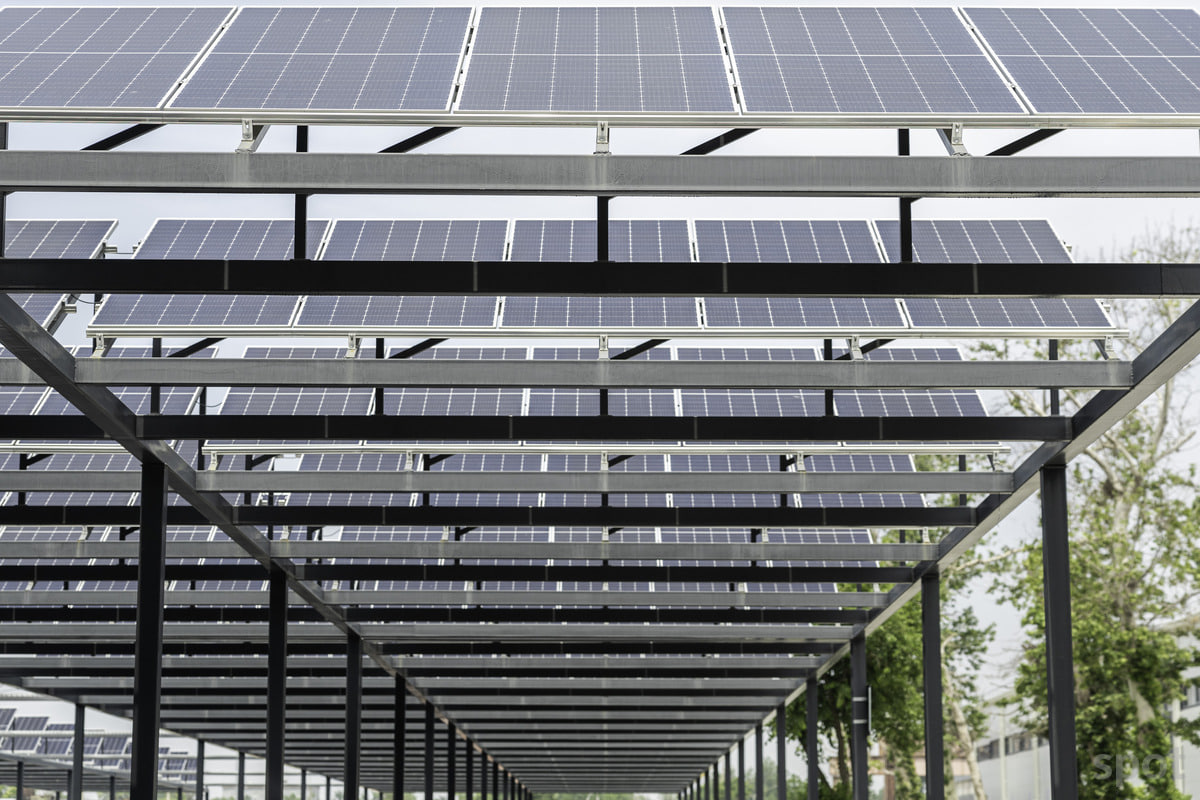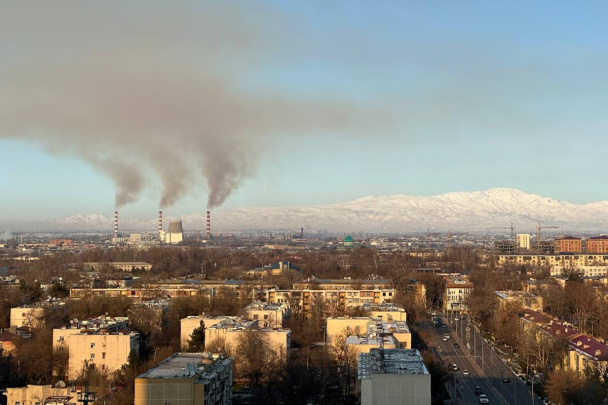Uzbekistan expands green economy initiatives to combat climate change
Uzbekistan has unveiled ambitious plans to raise $10 million through carbon credit trading as part of its 2025 state program, which prioritizes environmental protection and green economic development. The program aligns with the country's long-term “Uzbekistan – 2030” strategy, as 2025 has been declared the Year of Environmental Protection and the Green Economy by President Shavkat Mirziyoyev.

The program outlines significant initiatives to expand renewable energy, aiming to increase its share to 26% of total power generation. To achieve this, Uzbekistan plans to launch 16 green power plants with a combined capacity of 3.5 GW and hydroelectric stations with a total capacity of 160 MW. Furthermore, the government will implement a program to install small-scale solar panels in 35,000 households and 27,000 private and social facilities. By the end of 2026, 3,000 small hydropower plants with a total capacity of 164 MW are also expected to be operational.
Starting April 1, Uzbekistan will introduce preferential tariffs for electricity generated from solar, wind, and waste recycling. Energy produced using biogas technologies will also qualify for these incentives.
To curb carbon emissions, the government plans to invest in green energy projects and energy-saving technologies while working on a long-term carbon neutrality strategy. A significant milestone will be the publication of a five-year Nationally Determined Contribution (NDC) to reduce atmospheric emissions, including methane emissions from livestock, natural gas extraction, and other sectors.
The program includes developing green urban strategies for major tourist cities such as Tashkent, Samarkand, Bukhara, Shakhrisabz, Kokand, and Khiva. Additionally, master plans based on green principles will be created for districts like Amudarya, Chimbay, Mirishkor, Gijduvan, and Romitan.
Related News

15:17
Uzbekistan plans to ban plastic bags starting in 2027

10:45
Environmental protection drive: Uzbekistan to relocate industrial enterprises from urban centers

15:34 / 09.01.2025
Uzbekistan considers restrictions on low-grade fuel sales and environmental initiatives for 2025

16:34 / 16.12.2024



